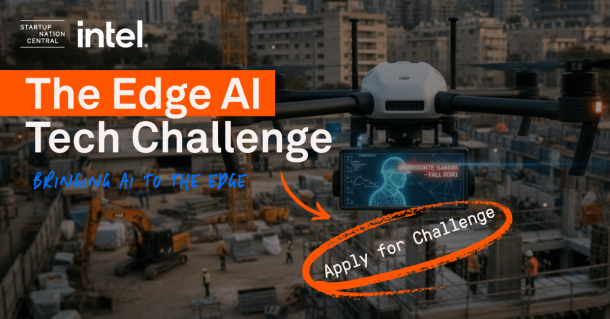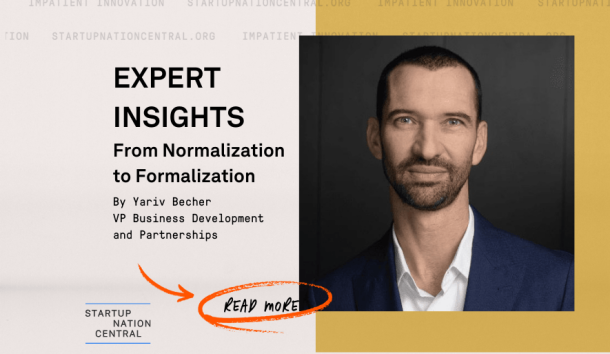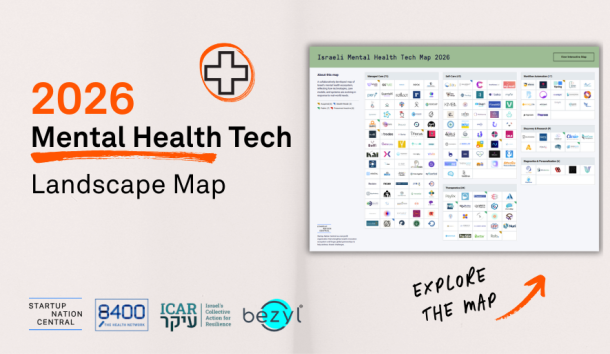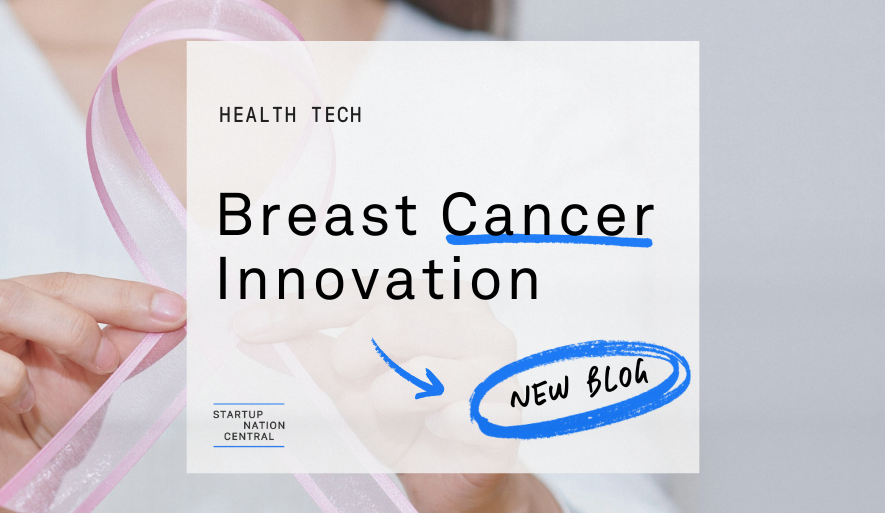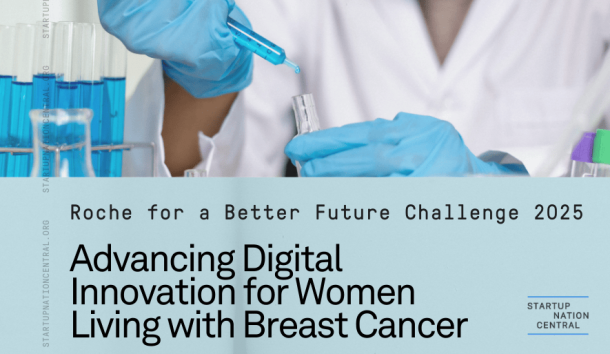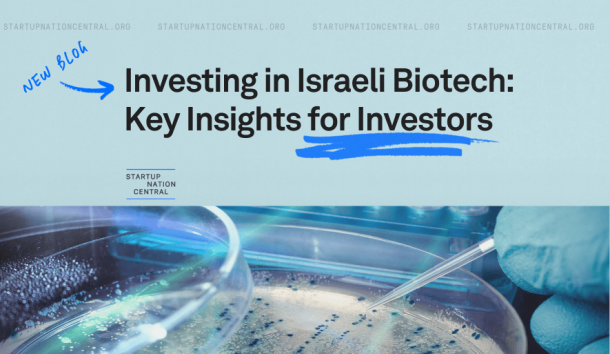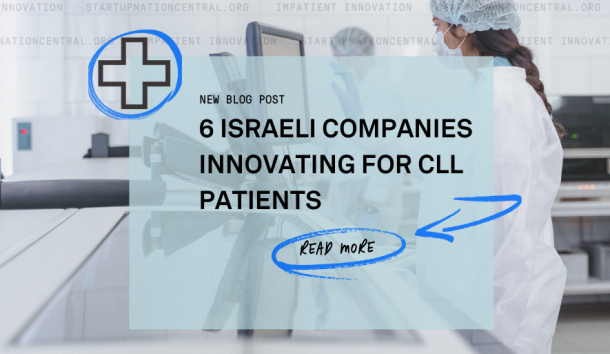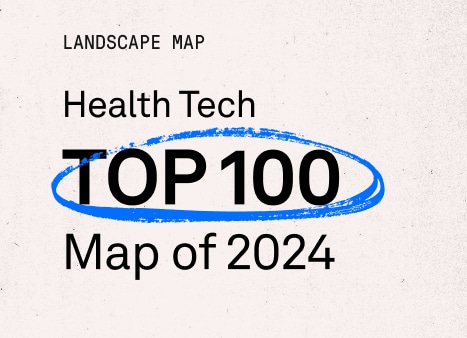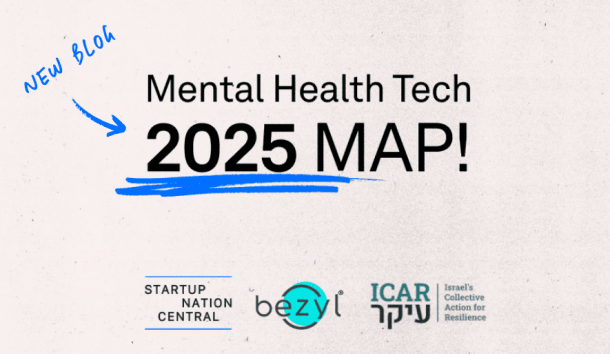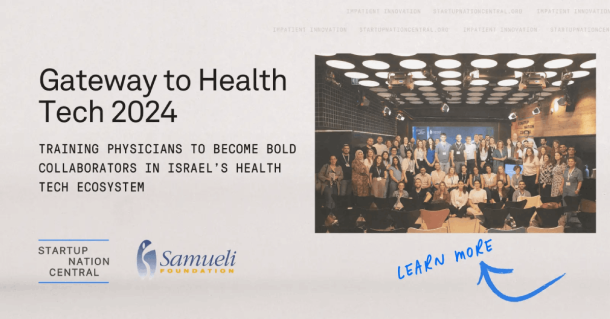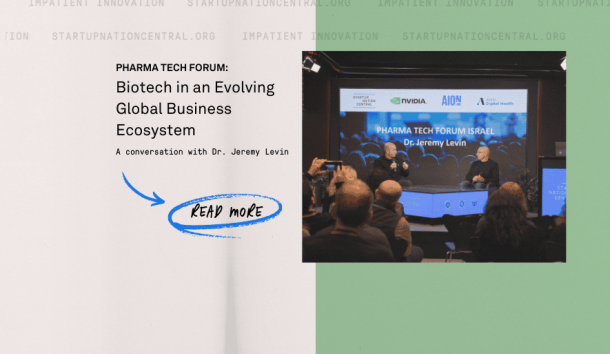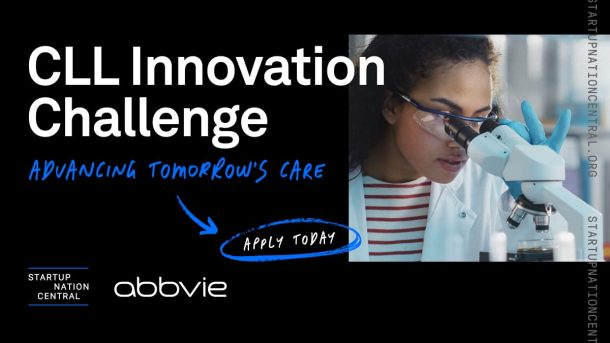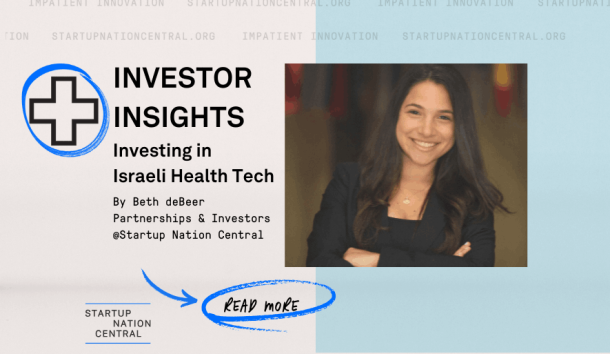Breast cancer remains the most diagnosed cancer among women worldwide. Early detection continues to be the most effective way to reduce mortality, and the future of oncology is moving quickly toward personalized, tech-enabled care. Israel offers a clear example of how this future can work in practice.
Long-Term National Investment in Early Breast Cancer Detection
Israel has ranked consistently high in breast cancer incidence, currently 24th globally. Yet it ranks 73rd in mortality. This gap reflects the strength of its early detection systems and treatment quality. The national screening program has been running since the 1990s. Combined with a digitized healthcare system and a culture of data-sharing across four HMOs, the infrastructure supports both early diagnosis and fast intervention.
In a 2022 study that was published in 2024, 5,896 new cases of invasive breast cancer were diagnosed in Israel. That figure marks a small decrease from the 5,962 cases reported in 2021, which had risen 10% from the year before. Most importantly, 72% of those cases were detected at an early stage. That rate has stayed steady since 2021 and continues to trend upward compared to earlier years.
Health Tech Ecosystem with Global Reach
A core advantage is Israel’s digitized national health system, which includes over 25 years of longitudinal data across a diverse population, centralized within four HMOs. This creates a unique environment for validation and deployment of new solutions. These elements, combined with a global-first mindset and sustained international investor interest, position Israeli health tech as a critical engine for developing scalable, tech-driven solutions to some of the world’s most pressing health challenges.
Today, Israel is home to over 1,600 life sciences companies. That includes around 700 digital health companies, 650 in medical devices, and 450 in pharma. Health tech remains one of the top sectors for both deal volume and international interest. Israel ranks second globally in venture capital investment per capita backed by a strong infrastructure of accelerators, incubators, and over 100 active investors, as well as deep ties to healthcare providers, academic institutions, and multinational corporations.

Breast cancer tech sits at the intersection of femtech and oncology, advancing care through tools built specifically around women’s health needs. As femtech expands beyond fertility and menstruation, breast cancer innovation brings high-impact solutions, like AI-driven diagnostics, remote screening, and personalized reconstruction, into focus. These technologies not only improve outcomes but also address historically underserved areas in women’s health, making breast cancer a critical driver of the femtech sector’s growth.
Many of the innovations developed in Israel to improve breast cancer detection and outcomes are already being used globally; screening tools, diagnostic platforms, and clinical decision support systems developed locally are helping to improve outcomes in lower-resource settings worldwide.
View a list of breast cancer tech companies in Israel on Finder: Breast Cancer Solutions
Case Study: IceCure for Breast Cancer Care
Founded in 2006, IceCure Medical is an Israeli medtech company transforming cancer treatment through cryoablation, a minimally invasive technology that uses liquid nitrogen to freeze and destroy tumors. Its flagship product, ProSense, offers an outpatient alternative to lumpectomy or mastectomy. With more than $67 million in funding and a presence on both the Tel Aviv Stock Exchange and NASDAQ, IceCure reflects the strength and global ambition of Israel’s health tech ecosystem.
The company’s technology is gaining traction for early-stage breast cancer, particularly in women over 60. In trials like the U.S.-based ICE3 study, cryoablation has shown strong results in treating small, low-grade tumors without surgery. Its advantages include clinical efficiency, faster recovery, minimal scarring, and improved cosmetic outcomes. These benefits align with broader trends in patient-centered care and are especially relevant in femtech, where solutions are increasingly focused on both medical impact and quality of life.
IceCure represents the next phase of femtech: moving from reproductive health into complex, high-burden diseases like cancer. By giving patients more control over their care and offering alternatives to surgery, it advances a model of treatment that is both accessible and empowering.
As part of Israel’s life sciences ecosystem, IceCure benefits from national infrastructure like digitized health data, innovation-ready HMOs, and global regulatory experience. Its cryoablation tools are already in use across Asia, Europe, and the Americas, positioning the company as a scalable solution provider in a shifting oncology landscape.
IceCure shows how Israel’s bold and determined approach to innovation, combined with femtech values and a focus on breast cancer, can deliver practical, globally relevant solutions that raise the bar for women’s health.
What Comes Next
Israeli startups are developing tools that reach patients earlier and in more personalized ways. AI-driven diagnostics increase detection speed and accuracy. Remote screening tools help reach people in areas with fewer healthcare facilities. Genomic platforms enable tailored treatment plans based on individual profiles. Predictive modeling tools help clinicians identify and monitor high-risk patients before symptoms appear.
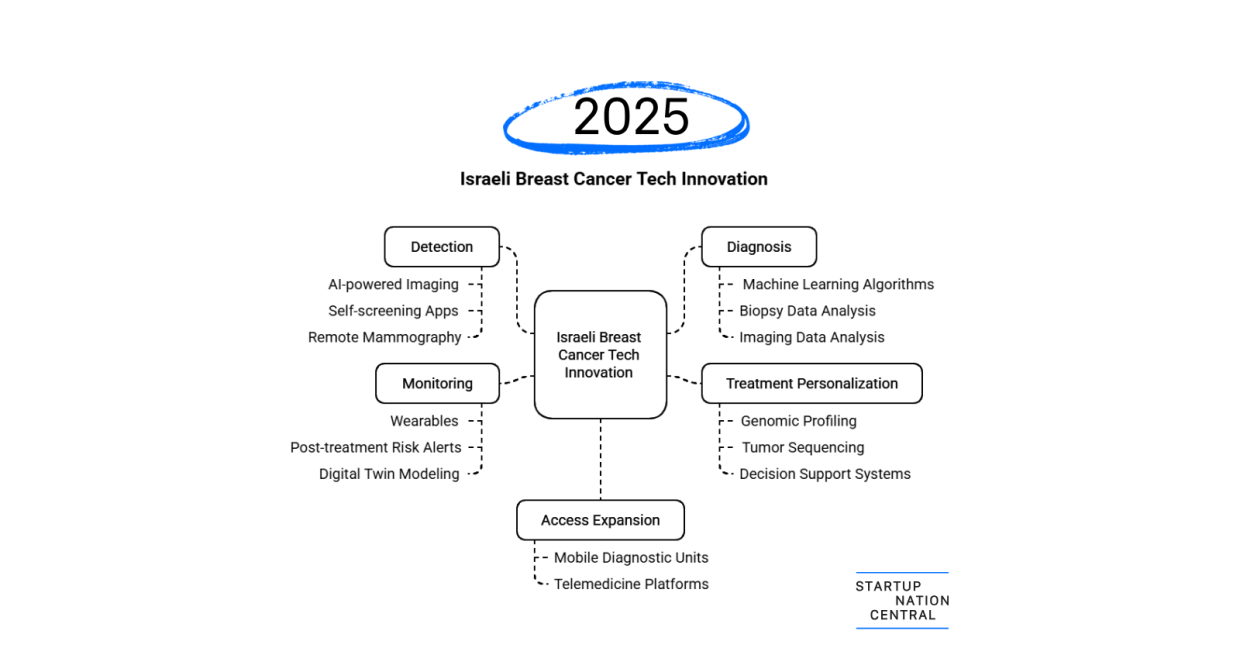
While technologies are closing screening gaps in underserved communities, both at home and abroad, the work is far from done. The infrastructure, tools, and clinical outcomes in Israel point to a clear opportunity: early detection can be strengthened through innovation, and that innovation can be shared.
Now is the time to expand global adoption of proven solutions from Israel’s health tech ecosystem. Health systems, NGOs, and international partners should explore new ways to collaborate with Israeli startups and research institutions. The focus should be on scaling tools that are already showing results, especially those that address early detection and health equity.
With the right partnerships, Israel’s innovative and impatient approach to solution development can serve as a model for other countries facing rising cancer rates and constrained healthcare resources. Early detection works. Innovation accelerates it. The two together can drive meaningful change in breast cancer outcomes worldwide.
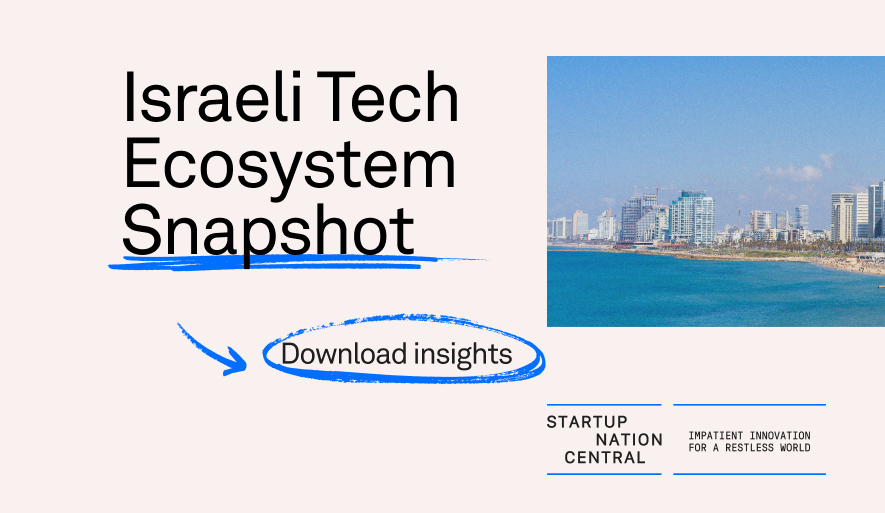
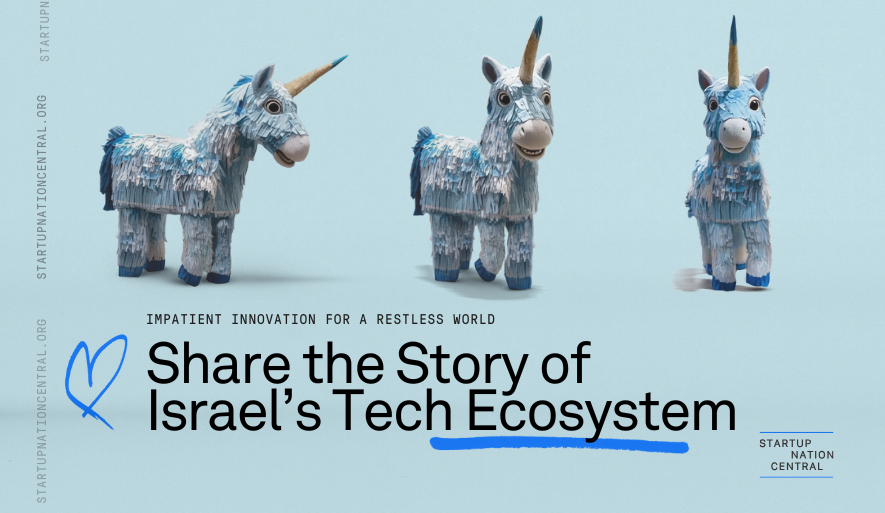
 Tech Ecosystem
Tech Ecosystem Human Capital
Human Capital Focus Sector
Focus Sector The Health Network
The Health Network
 Business Opportunities
Business Opportunities Investment in Israel
Investment in Israel Innovation Diplomacy
Innovation Diplomacy Leadership Circle
Leadership Circle

